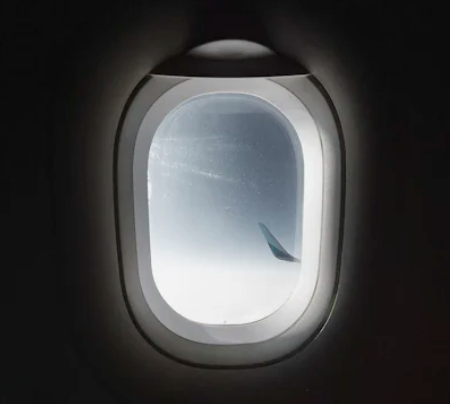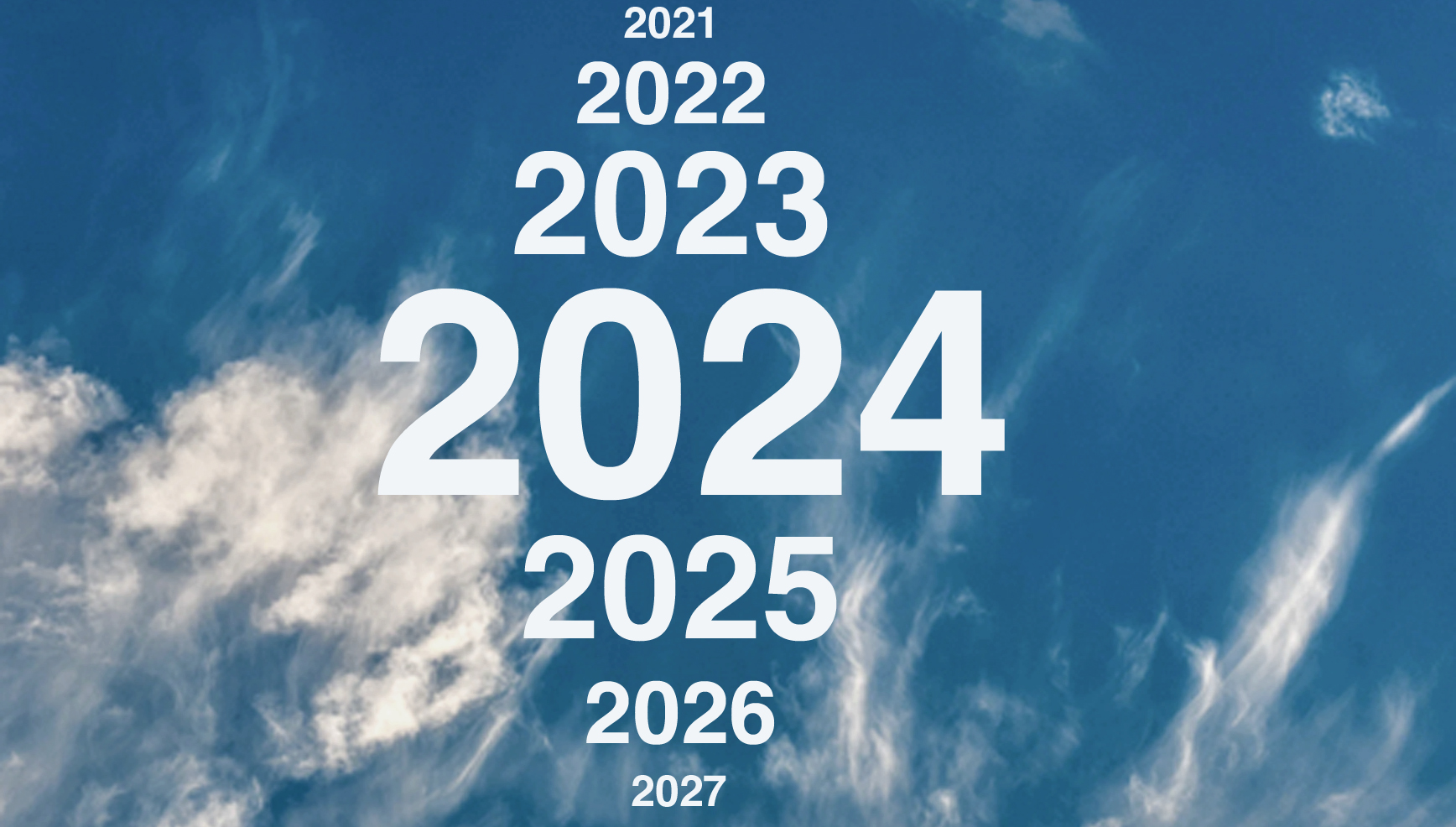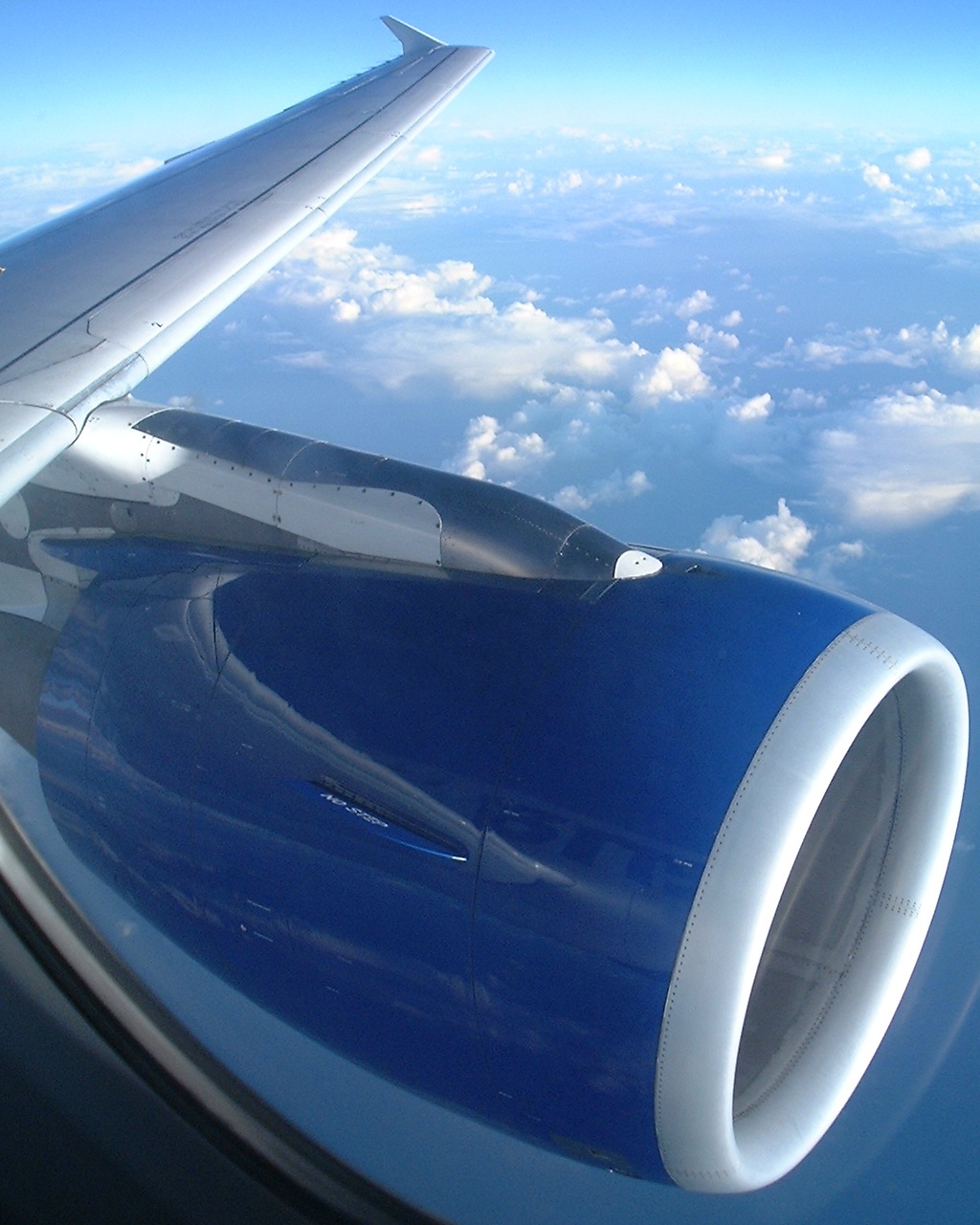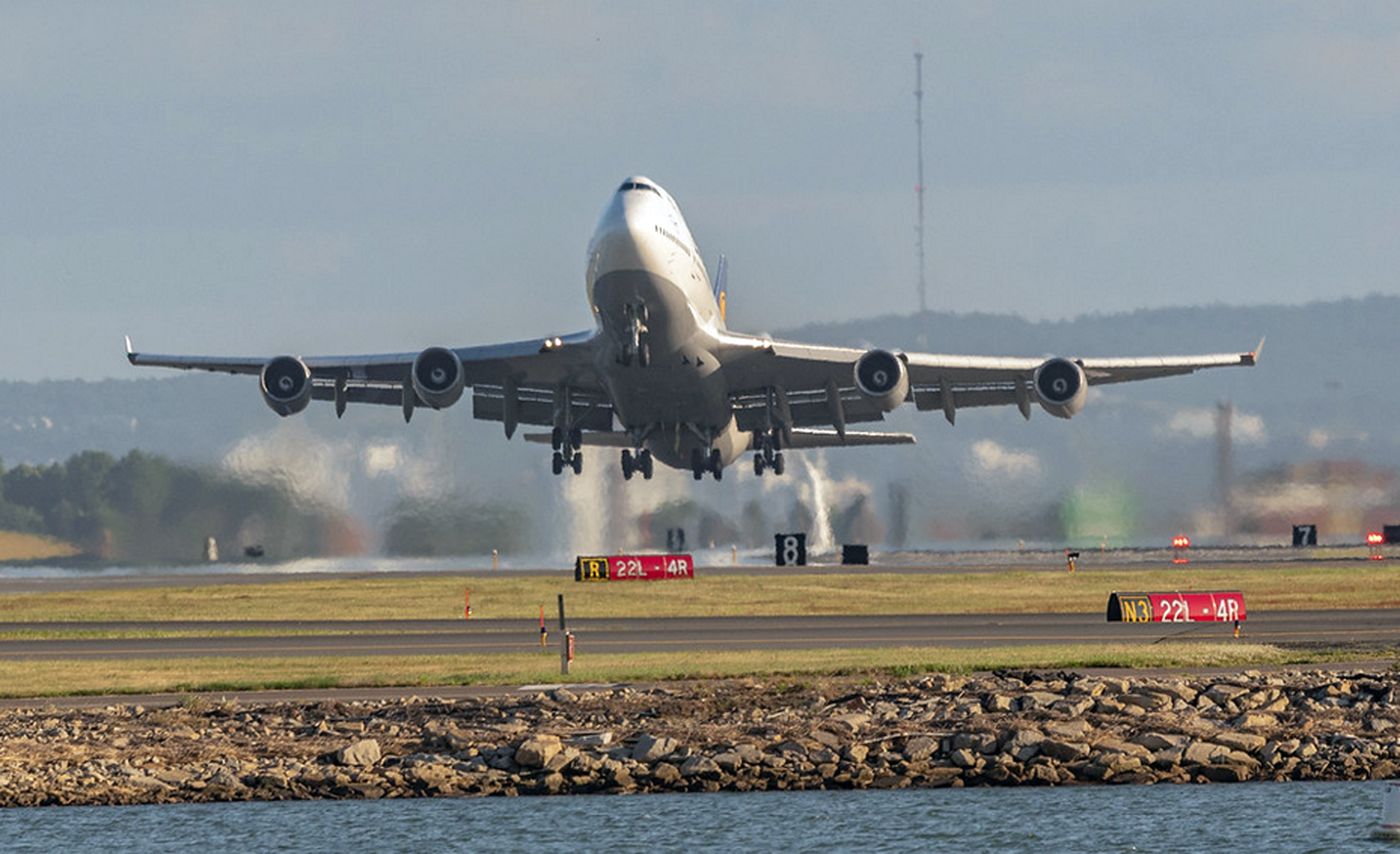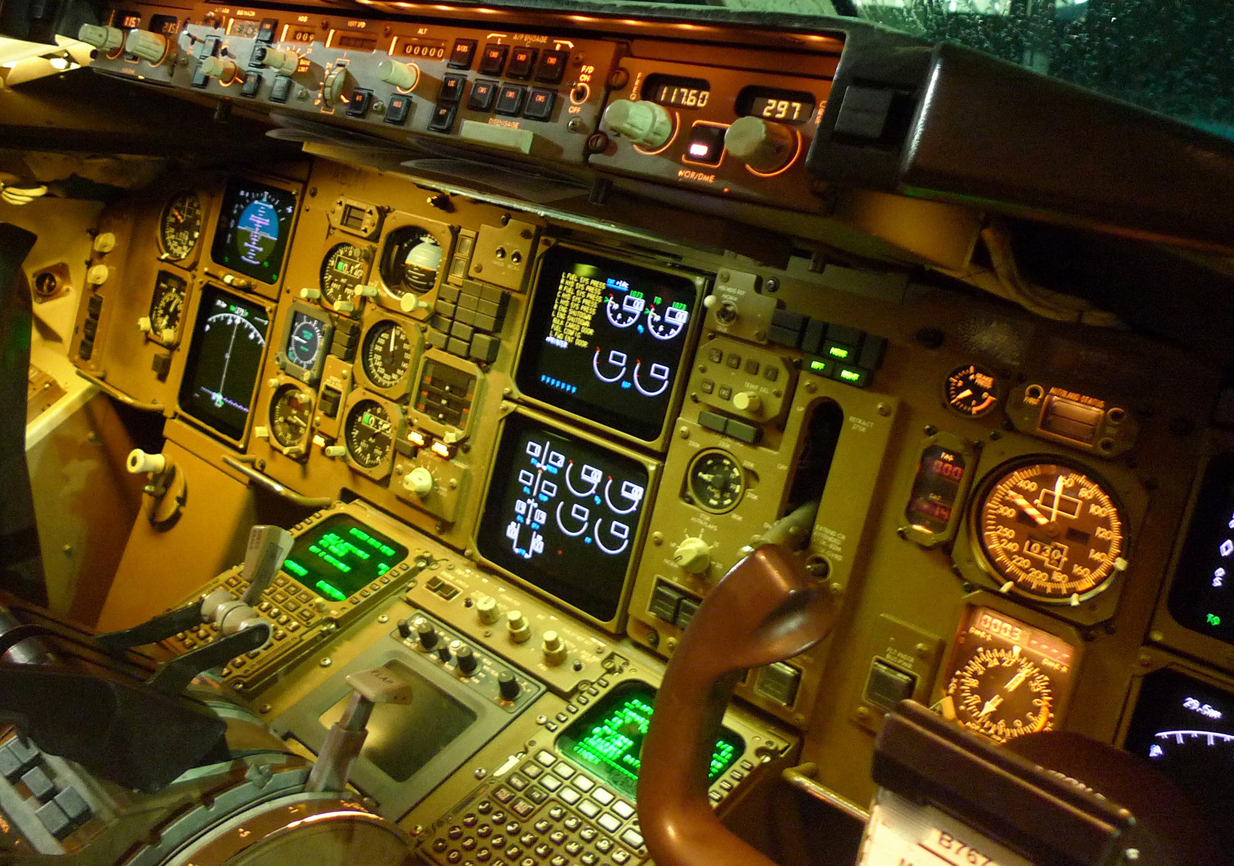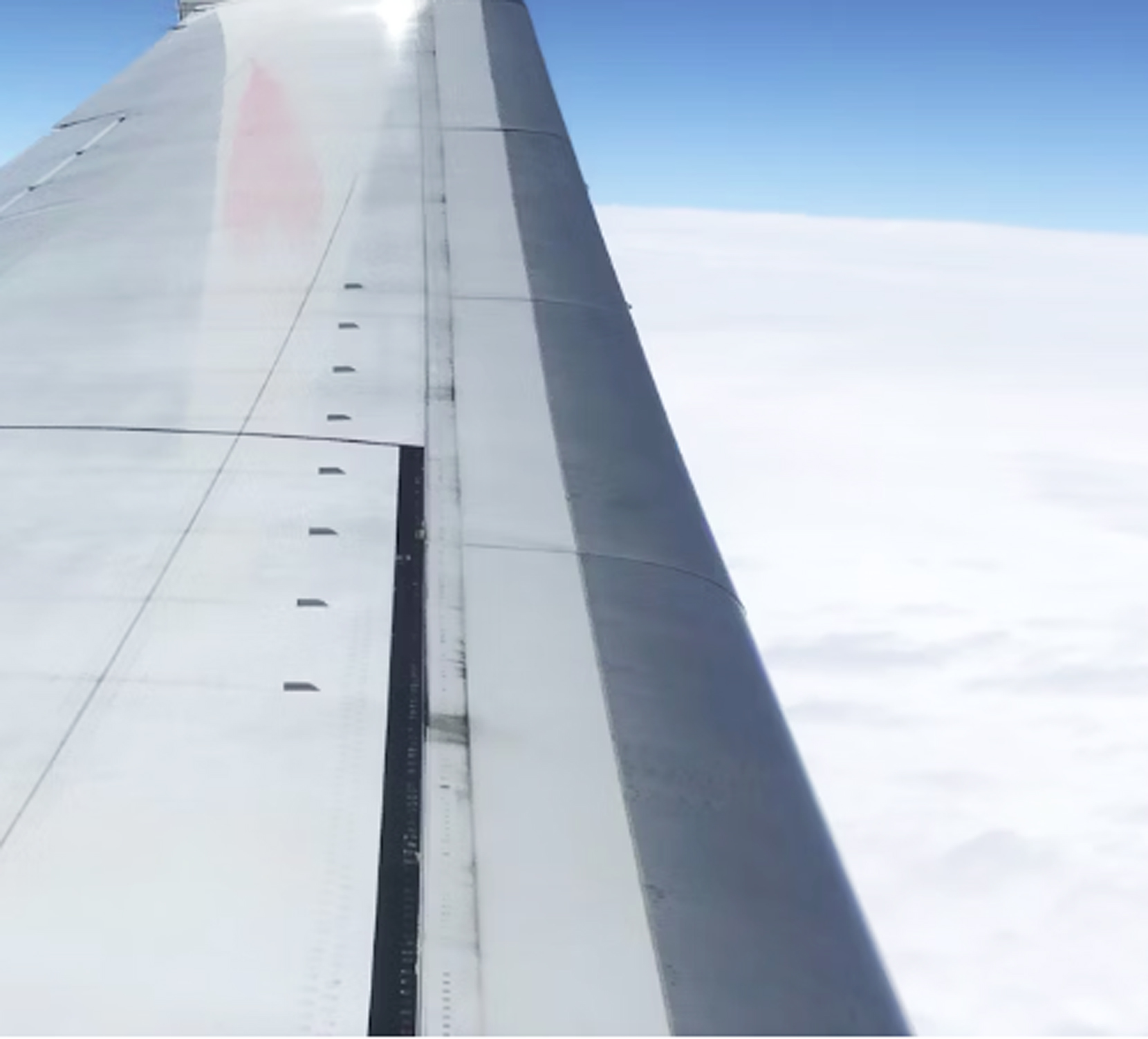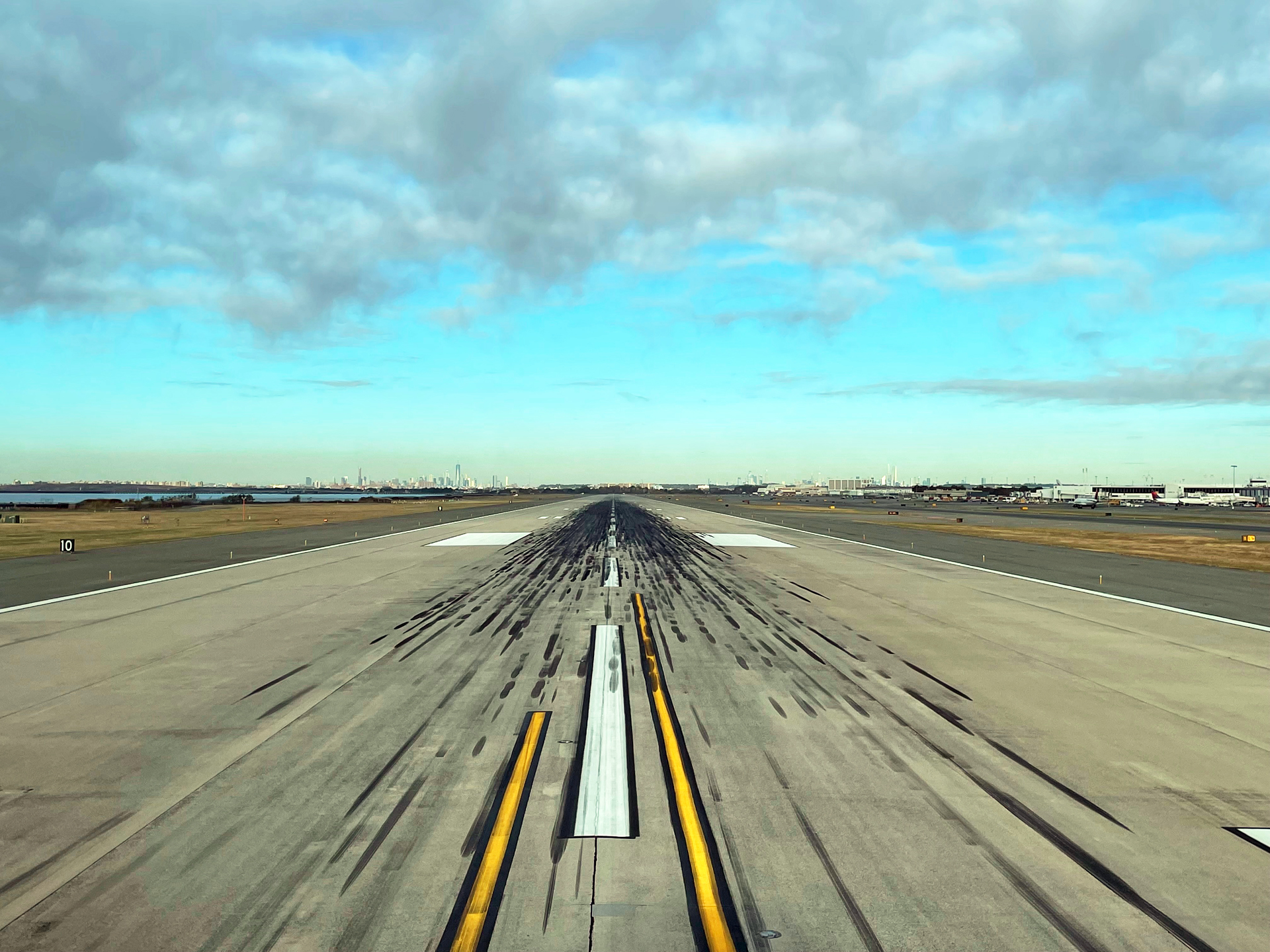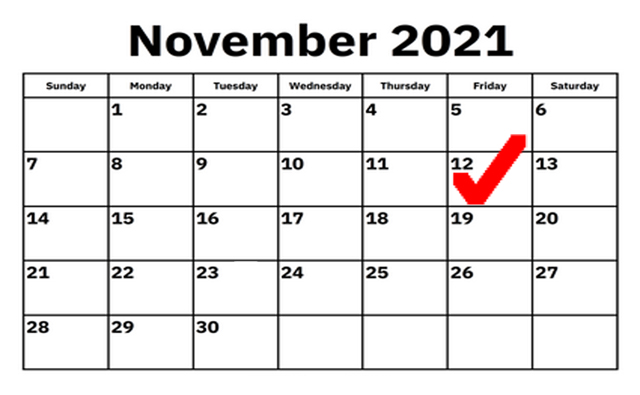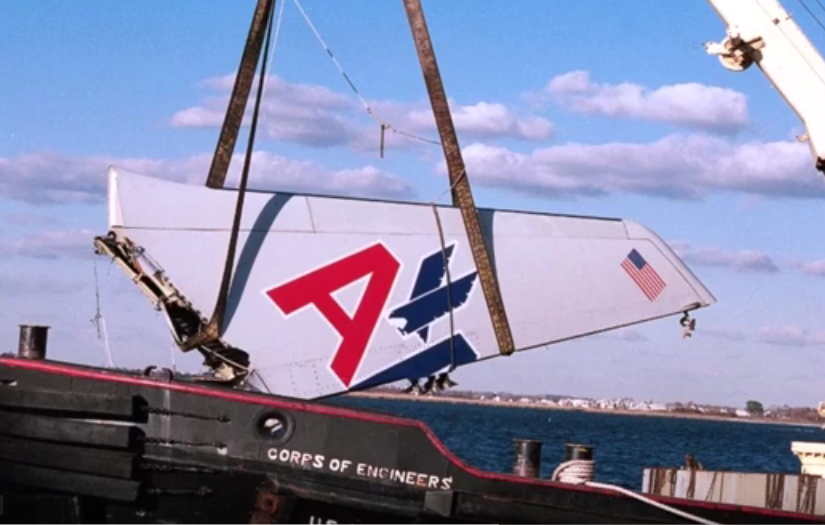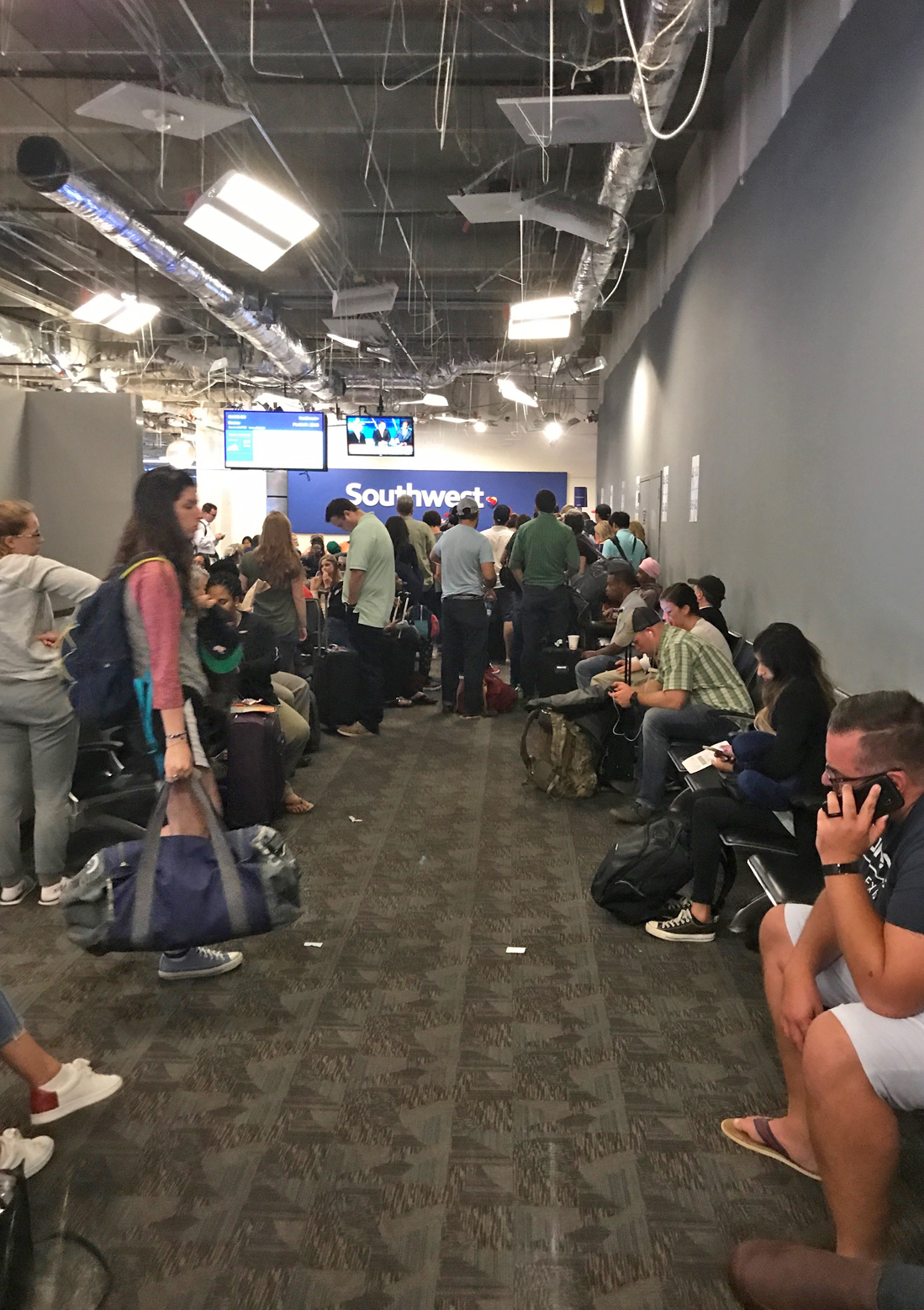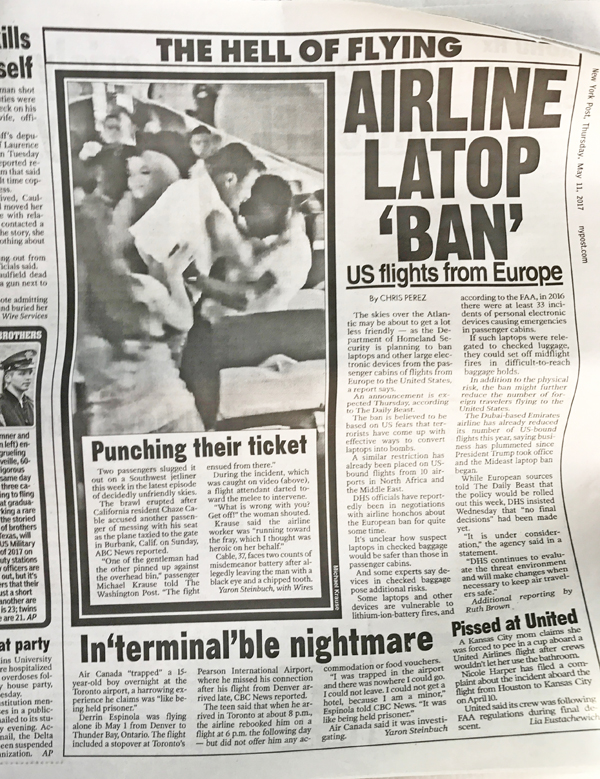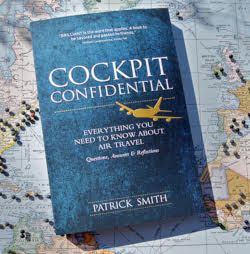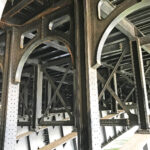What’s Going On?
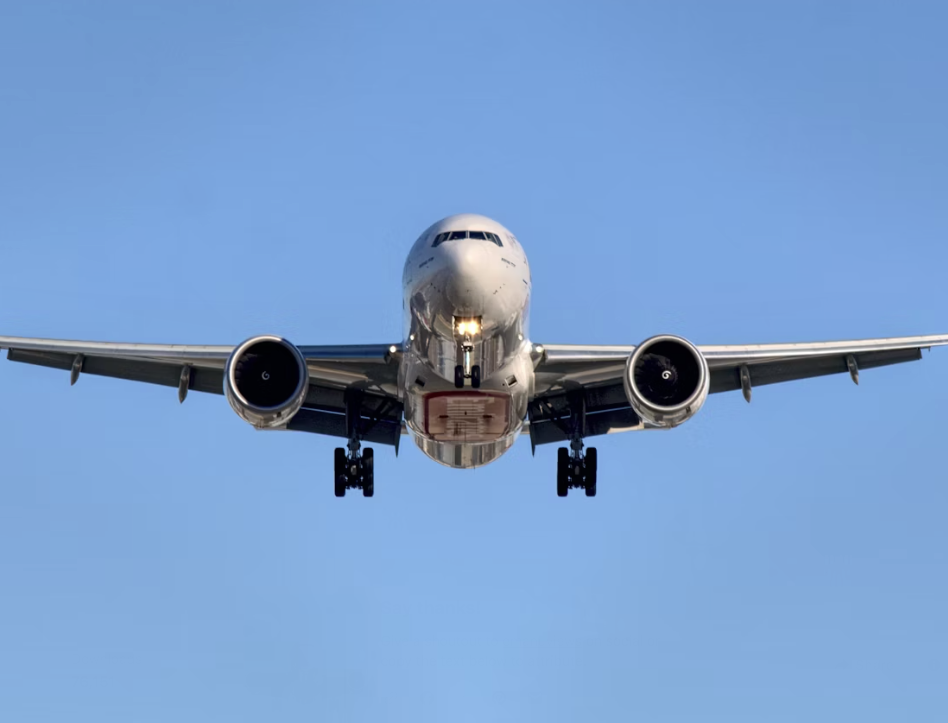
March 14, 2025
TWO THINGS jumped to mind as I watched the footage last week of the American Airlines jet in Denver, its engine on fire, passengers evacuating onto the wing.
The first thing was the recklessness of the people who brought their carry-ons with them as they evacuated. Fewer things are more stupid, or more dangerous, particularly when there’s a fire. We’ve seen this before, and I’m sure we’ll see it again. Airlines and regulators need to come up with something.
Second thing was a wave of consternation. Here we go again, I thought. Jeju Air, Azerbaijan, Washington D.C., Toronto. Now this. Another incident, another round of media hype, another feeding frenzy on social media. Here come the emails asking, “What’s going on?”
Whatever it is, it’s bad enough that, according to airline execs, the demand for air travel is softening. How much of this is economics-related rather than fear-related is hard to quantify, but the CEOs believe the latter is part of it.
This is frustrating, because on the whole flying remains remarkably safe. Much, much safer than it was in decades past.
I don’t mean to downplay recent mishaps too much; the Potomac crash, especially, was tragic, and there’s no denying that aspects of our system need funding and shoring up. But what are we actually dealing with? Are these incidents symptomatic of something dangerously broken? Are they warning signs of catastrophes to come?
I’m not sensing that. At worst, we can see it as a correction. Perhaps what’s surprising isn’t the spate of accidents, but rather how long we’d gone without such a spate. Perhaps we were too lucky for too long. Around two million people travel by air every day of the week, aboard tens of thousands of flights. The idea of perfect safety is foolish.
What the traveling public needs more than anything is a sense of perspective. For that, I recommend a trip through the history books, a dig through the crash chronicles of a generation ago, and the generation before that. Many Americans, younger ones especially, have no knowledge, or no memory, of how bad things used to be. From the dawn of the jet age in the 1950s, through the early 2000s, deadly air disasters were soberingly common, year after year after year.
And I don’t mean engine fires where people lined up on the wing. I’m talking about major accidents with, in many cases, fatalities in the hundreds.
Just how common? In 1985, the worst year on record, there were 27 crashes — an average of one every two weeks. This included two of the deadliest air disasters in history (JAL flight 123 and Air India 182), which occurred within sixty days of each other and killed over eight hundred people. And that’s not counting the incredible hijacking saga of TWA flight 847, which also happened in ’85.
The year 1974 saw nine disasters, including a TWA bombing and an Eastern Airlines crash three days apart. In 1973, when a Delta jet crashed in Boston killing 89 people, the accident was recorded on page two of the New York Times, below the fold. Ten crashes occurred between the fall of 1988 and the fall of 1989, three of them terrorist bombings.
As recently as the year 2000, we saw eleven crashes in which a dozen or more people perished, including the Air France Concorde disaster and Alaska Airlines flight 261, plus a cargo jet crash in California in which a former colleague of mine died.
This doesn’t happen anymore. Primarily through advances in training and technology, we’ve engineered away what used to be the most common causes of accidents. The number of planes in the sky has tripled since the 1980s, while the accident rate has plummeted. The events of the last several weeks, however unfortunate, hardly nudge the big picture data. Neither would another crash — even a big one, knock on wood.
It’s not that we’re spoiled, exactly. But we’ve grown accustomed to the rarity of disaster. And the result is a double-edged sword. On the one hand, we’re a lot safer. On the other hand, we’re primed to overreact when something goes wrong.
This is human nature, I suppose. When an engine catches fire, it grabs our attention. Fair enough. What it shouldn’t do, however, is cause you to call off your business trip or cancel your vacation.
Photo courtesy of Unsplash

